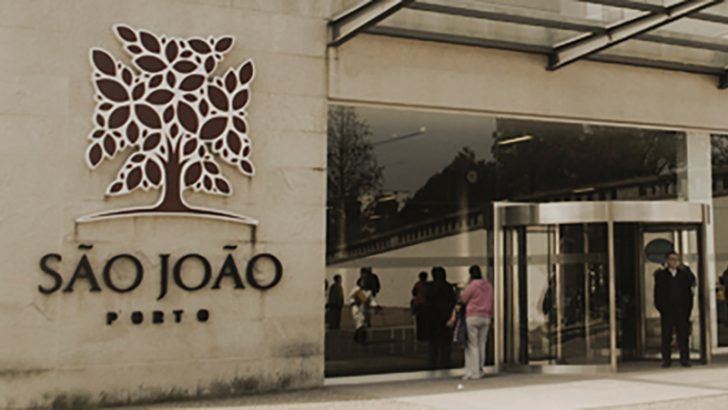
At a dinner in Barcelona last night the winner and finalists of the inaugural HIMSS-Elsevier Digital Healthcare Awards were announced. The finalists came from Portugal, Spain and the UK with very different solutions. The winning solution came from São João Hospital Center, Portugal with its big data and analytics platform.
According to H. Steve Lieber, President and CEO at HIMSS: “As part of the HIMSS vision to promote using IT for the betterment of healthcare, we are pleased to partner with Elsevier once again to bring this Award to Europe. The winner and finalists have demonstrated significant results in their projects by using digital solution to ultimately improve patient care.
“This Award validates, on an international platform, the hard work of the organisations that have achieved outstanding ICT outcomes. We hope that this will continue to encourage other organisations “
What does the winning solution do?
The solution from the team at São João Hospital Center is called “HVITAL: Transforming Hospital Big Data into real insights that empower clinical teams to timely Act and Save Lives.” It is credited with being able to predict up to 30% of ICU admissions, 7 days in advance. This is done by importing all the data from the different clinical departments around the hospital. This is a non trivial task. The data is not just in different system but in different formats. It required the developers to write complex software mapping and integration between systems.
It was not just up-to-date data that was imported. For the system to build predictive models it needed historical data as well. Once the data is imported it calculates the risk of infection and clinical deterioration of each patient. It then uses that data to alert patients to their increased risk allowing them to contact their doctor and avoid emergency admissions.
This is the type of system that will appeal to healthcare providers globally. The rising costs of healthcare, especially emergency care and treatment means that budgets are constantly under pressure. While we were unable to get access to the size of the savings, it will have been in the millions of Euros. There are several things that could now happen with HVITAL.
São João Hospital Center may decide to work with a commercial partner to turn it into a product. This could be an onsite or better still a cloud option. There is also the opportunity to create an anonymised system in parallel that could draw data from multiple hospitals. This would allow researchers to develop tools to spot risks earlier in the cycle and further reduce healthcare costs.
Who else was listed?
There were three other finalists named at the awards ceremony. There were:
- Devon Partnership NHS Trust, “Innovative visual solution that makes a real difference in delivering high quality and safe care”
- Health Regional System of Principado de Asturias, “Tele-Ophthalmology programme for screening the diabetic”
- Salford Royal NHS Foundation Trust, “Electronic alerting system for the early recognition of acute kidney injury (aki)”
All of the solutions demonstrate that healthcare can deliver big and complex IT projects. The problem is that for every successful project like those from the finalists there are thousands of failures. IT investments into healthcare have been plagued with problems for decades. Some of it is down to over optimistic and over reaching planning. Most is down to poorly thought out solutions. What is important is that there are high profile successes like these that can be scaled out across multiple healthcare providers.
Conclusion
In the last six years HIMSS-Elsevier Digital Healthcare Award has focused on hospitals in the Asia Pacific and Middle East regions. In that time over 97 projects from 79 hospitals were recognised. Now the award has been extended to Europe and it will be interesting to see how many submissions the committee get next year. Healthcare IT needs good news from providers rather than IT vendors.
The work being done by the likes of IBM Watson, Microsoft and Google in the fields of machine learning and cognitive computing is great. They all have their pet projects into which they are investing time, money and services. As important as the headline grabbing solutions around cancer are, HVITAL is about day to day healthcare. Let’s hope we see more solutions like this next year.

























[…] São João Hospital Center masters digital healthcare (Enterprise Times) https://www.enterprisetimes.co.uk/2016/11/21/sao-joao-hospital-center-masters-digital-healthcare/ […]